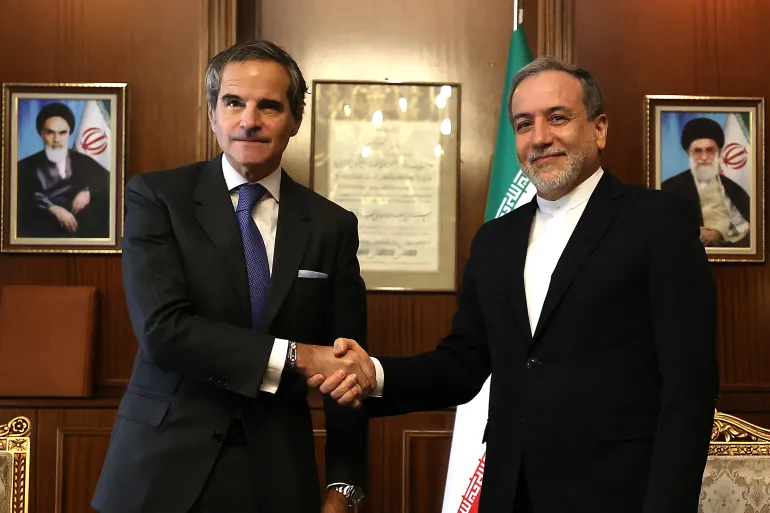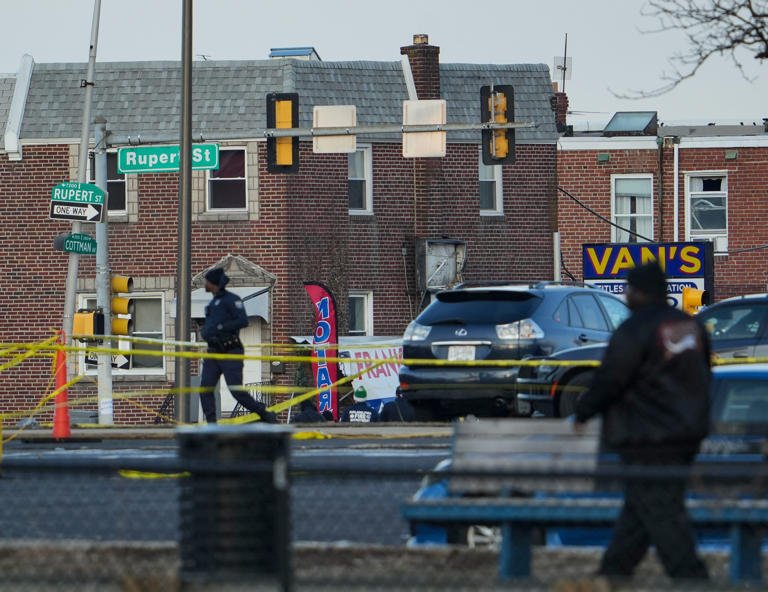
Iran Set to Hold Nuclear Talks with France, UK, and Germany on January 13
Iran Set to Hold Nuclear Talks with France, UK, and Germany on January 13
According to Iran’s semi-legit ISNA information corporation, Deputy Foreign Minister Kazem Gharibabadi has suggested that the next round of nuclear negotiations between Iran, the United Kingdom, and Germany could be held in Geneva in January.
Gharibabadi announced on Wednesday that the cutting-edge round of negotiations between Iran and three European international locations will take place in Geneva on January thirteen.
In November, Iran engaged in discussions with the 3 European powers regarding its disputed nuclear application. Tehran became incensed by a resolution that was supported by Europe and accused Iran of inadequate cooperation with the United Nations nuclear watchdog. These discussions, which were the primary ones since the presidential election in the United States, were initiated in reaction.
Tehran informed the IAEA watchdog that it intends to install additional uranium-enriching centrifuges at its enrichment facilities in response to the decision.
The three European nations accused Iran on December 17 of increasing its stockpile of high-enriched uranium to “unparalleled degrees” without “any credible civilian justification.” Additionally, they have recommended that sanctions towards Iran be reinstated to save it from further growing its nuclear program.
In December, Rafael Grossi, the director-well known of the International Atomic Energy Agency (IAEA), informed the Reuters news employer that Iran is “dramatically” increasing the fee of uranium enrichment to a stage of up to 60 per cent purity. This degree is in the direction of the about 90 per cent stage. This is taken into consideration as weapons-grade.
Tehran has continually denied any goal of developing nuclear gun functionality and maintains its proper nuclear electricity for non-violent functions.
In 2015, Iran reached a settlement with world powers, including the US, to restrict its nuclear software in response to apprehensions regarding the potential improvement of atomic weapons.
However, in 2018, the administration of Donald Trump, who was then in power, withdrew from Iran’s 2015 nuclear agreement with six major powers and reinstated severe sanctions against the US This movement triggered Tehran to violate P.C.’s nuclear regulations by restocking enriched uranium, refining it to higher fissile purity, and installing superior centrifuges for growth production.
Despite the fact that oblique negotiations between the management of US President Joe Biden and Tehran had been unsuccessful in their efforts to revive the accord, Trump said throughout his September election marketing campaign that “we must make a deal because the results are unattainable.” It is imperative that we negotiate a settlement.
The negotiations scheduled for January 13 will occur one week before Trump’s return to the White House.
Will Iran Develop a Nuclear Bomb During Trump’s Time in Power






